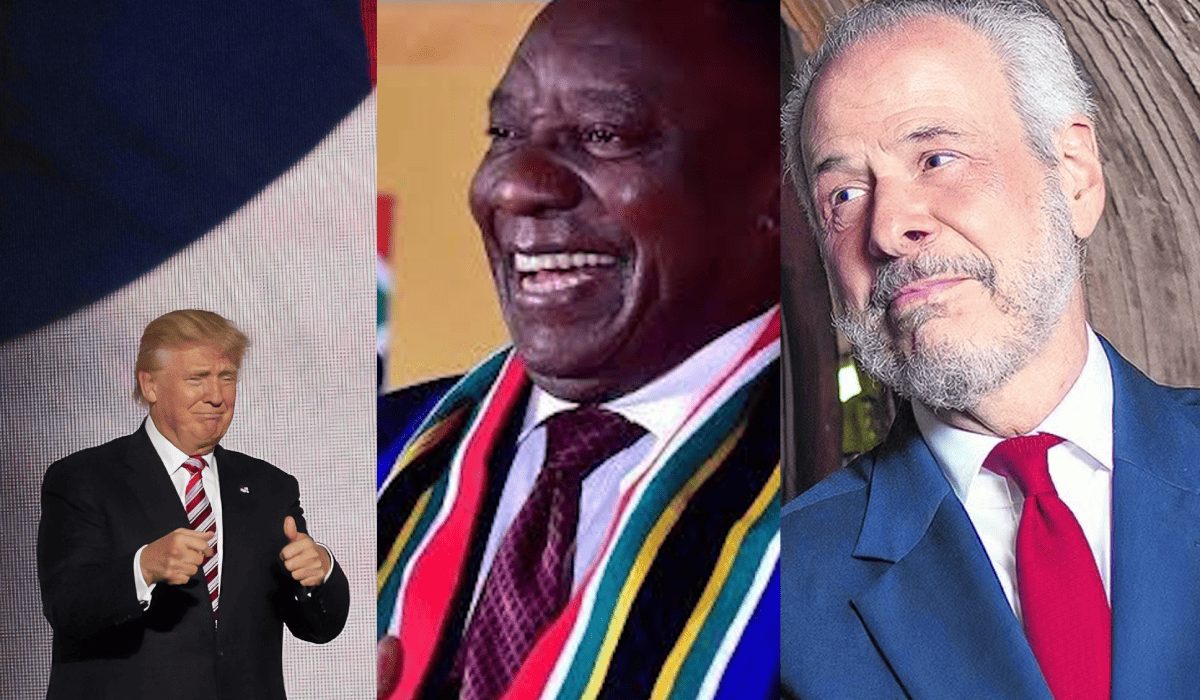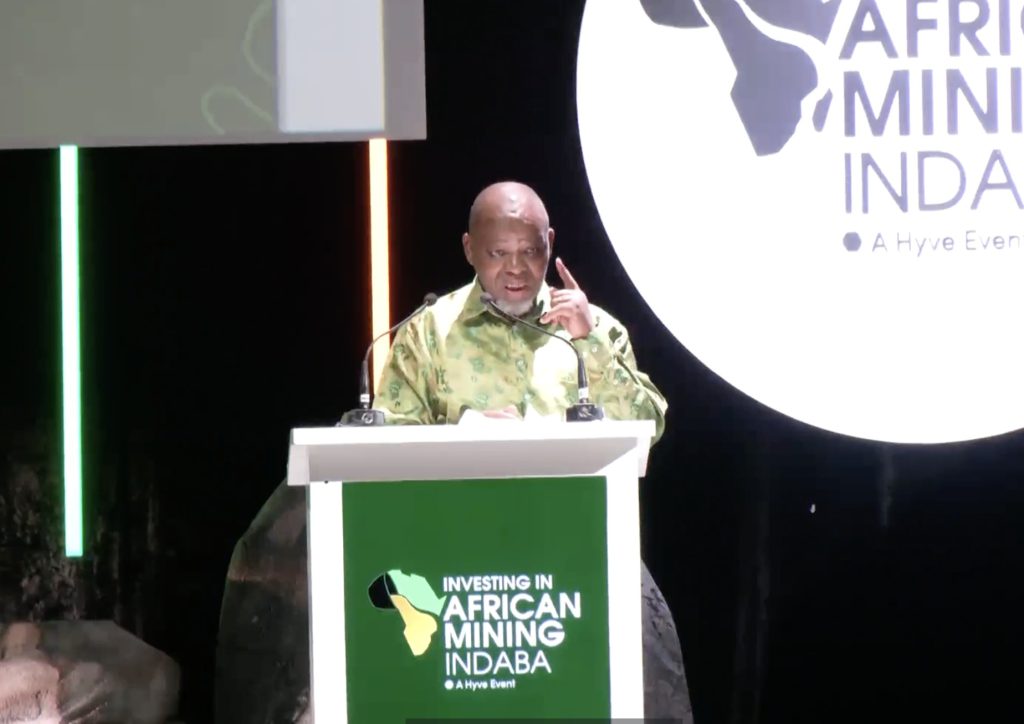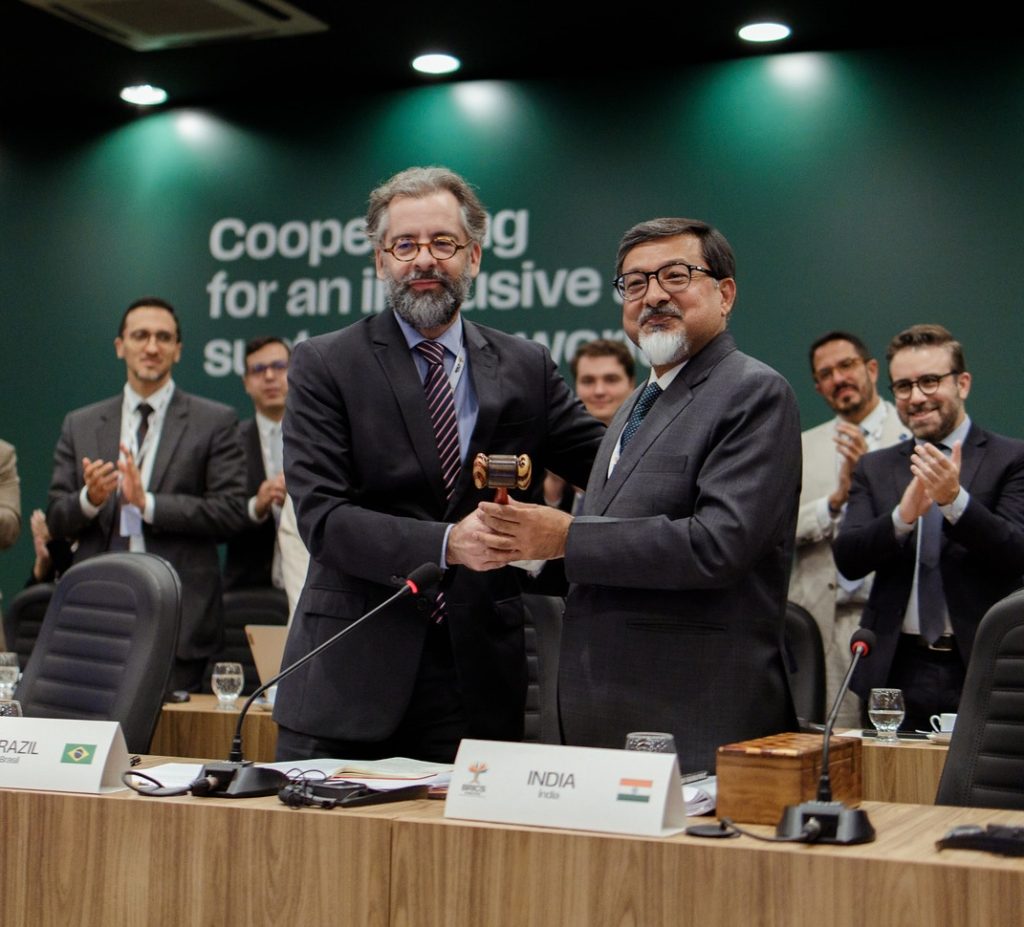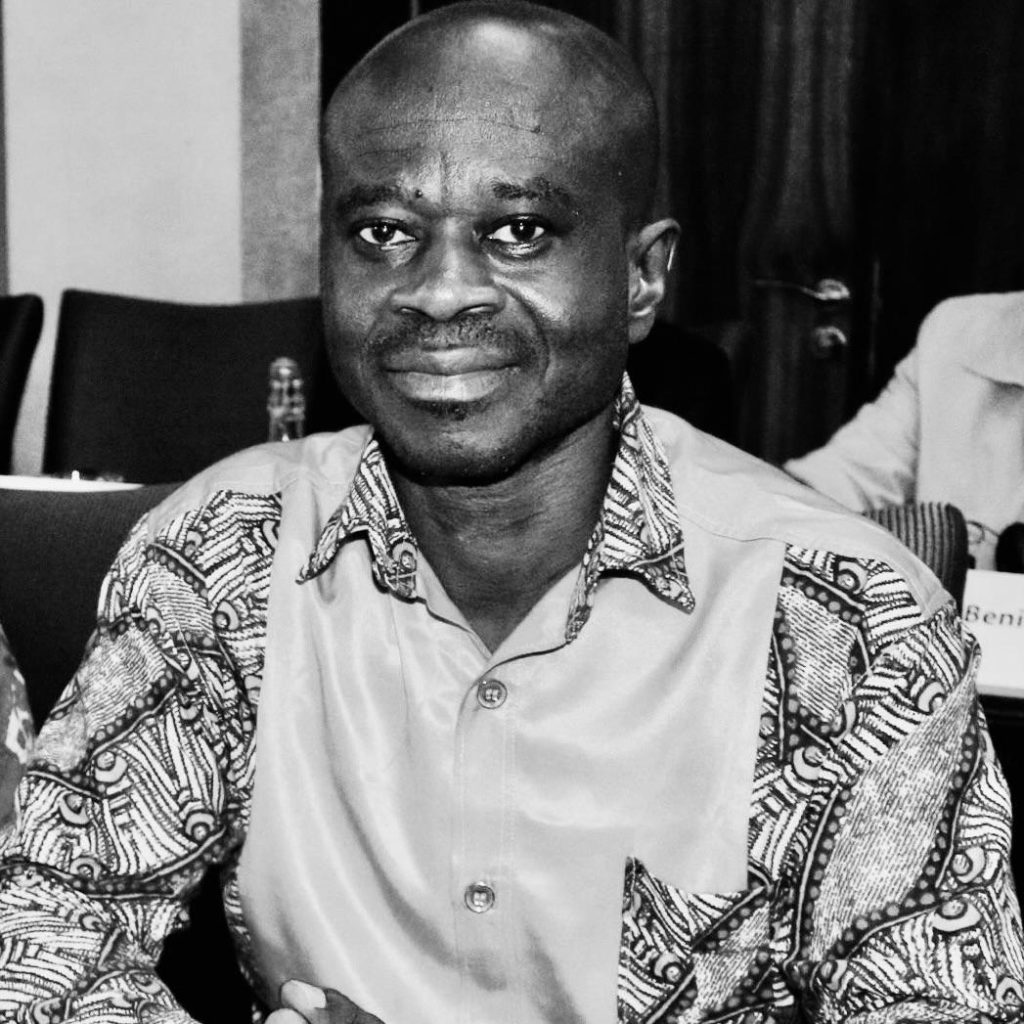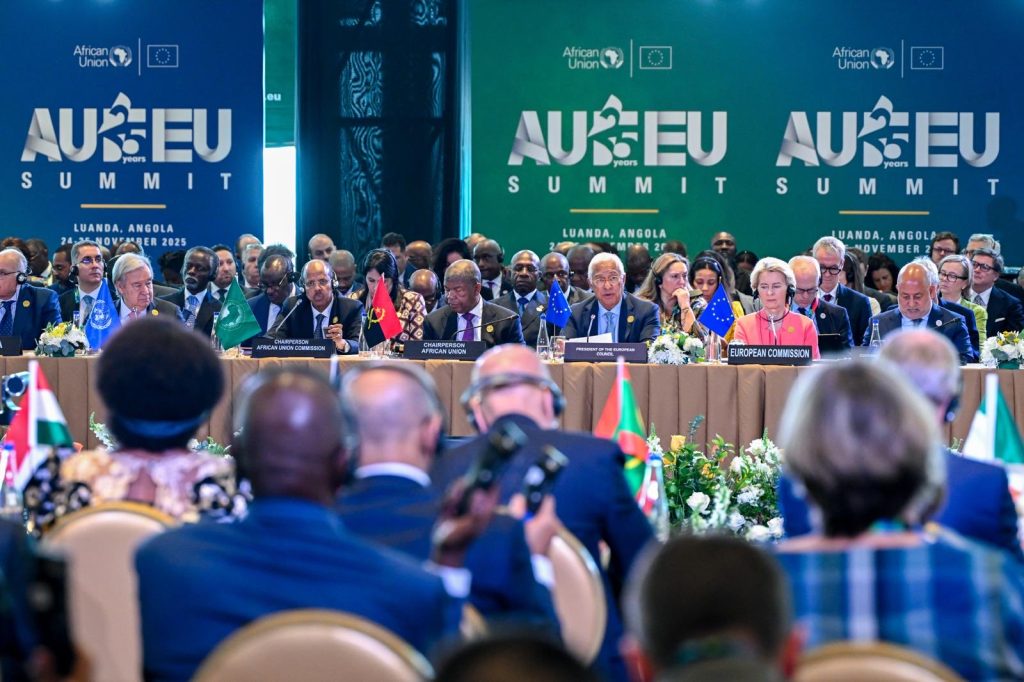Last year ended bleakly with a weak finance deal at COP29, disappointing outcomes from the biodiversity summit in Cali, and the election of a climate denier to the US presidency. More than half of the world’s population went to the polls, with election results suggesting citizens were often unhappy with their incumbents’ handling of polycentric crises, and newly elected leaders on opposite ends of the political spectrum. Clocking in as the hottest year on record and having breached the 1.5 degree temperature goal, and with heightened geopolitical tensions, countries are increasingly looking to prompt national action in where multilateralism has failed.
Which is why the updating of Paris Agreement Nationally Determined Contributions (NDCs) in February this year will signal on climate ambition for the coming decade and provide some course direction in a volatile global context. NDCs not only contain mitigation targets and adaptation goals, but also include domestic actions on how to realise them. Last year’s NDC Synthesis Report, acknowledged a growing maturity in NDC climate action planning and implementation. The report demonstrated significant momentum in methane abatement, nature-based solutions, agricultural transformation, and ocean protection within NDCs. However it found that countries still must overcome the colossal emissions gap, with current NDCs – assuming full implementation- only bringing about a 2.6 % emissions drop from 2019 levels. The IPCC has stated that they need to drop by 43% by 2030, and 60% by 2035. The updated NDCs that are due to be unveiled in February are also meant to respond to the Global Stocktake, including its findings on finance reform (more grant-based, highly concessional finance and non-debt instruments), significant gaps in financing loss and damage, the need to transition away from fossil fuels and triple renewable energy, and the achievement of the various targets making up the Global Goal on Adaptation. A weak finance outcome from last year’s COP may dampen the appetite of developing country NDCs or at least make them highly conditional and we will likely see countries give divergent interpretations of what were often relatively generalised concerns and findings in the Stocktake.
But planning and budgeting for bolder emissions reductions and adaption action requires ambition and finance. Something that is currently lacking in the current economic climate. Global economic growth stagnated last year, following a series of mutually reinforcing shocks. According to the UN’s flagship World Economic Situation and Prospects Report, this is likely to remain unchanged in 2025. Trade tensions are likely to exacerbate this in Trump’s second term, under the threat of sweeping tariffs, import bans and mounting inflationary pressures. African countries continue to bear the brunt of relativity weak investment, costly and difficult to access climate finance, and high debt levels, that have also slowed global economic performance generally.
The direction of donor finance flows has also shifted, with the European Union redirecting funds away from humanitarian needs (including climate related disaster aid) towards more investments with domestic benefits such as green hydrogen and critical minerals. Key donors such as Germany, France, Sweden and the Netherlands have steeply reduced foreign aid. Devex reports that 2025-2027, many country budgets were gutted, with funding for the Central African Republic plummeting by 73% and cuts of nearly 50% in Togo and Guinea-Bissau.
But economic forces may also shape climate action in more positive ways. Demand for oil is currently slowing, notably in China and supplies are increasing from non-OPEC+ countries. OPEC+ countries are under pressure to curb supply in response to the rise of electric vehicles and fuel efficiency measures. Notwithstanding record oil production in the United States, current market prices dissuade aggressive drilling expansion. The Financial Times reports large U.S. producers are scaling back capital spending, with the profitability threshold for new drilling still high at $65–$89 per barrel. And while many have feared the repeal of the Inflation Reduction Act and its funded projects in hydrogen, carbon capture and offshore wind in the US, many GOP-led states benefit from these projects suggesting that amendment instead of repeal is more likely.
This year also sees developing nations host two of the most important climate convenings, Brazil will be hosting COP30 Belém, and South Africa recently assumed the presidency of the G20. The African Union has taken a permanent seat at the G20, and coupled with South Africa’s presidency, it could be a year to champion issues close to the continent, such debt restructuring and sustainable and accessible climate finance. Before the AU joined, the G20 represented 85% of global GDP, 75% of international trade and two-thirds of the world’s population, making it a powerful forum for change. Among other issues, South Africa will be pushing for the advancement of the SDGs and the AU’s Agenda 2063, the reform of the international financial architecture and debt vulnerability, the promotion of Just Entergy Transitions, and predatory mining practices that target African raw materials and critical minerals. South Africa will continue to progress the poverty and equality reforms championed by Brazil under its Presidency, under its G20 2025 theme: Fostering Solidarity, Equality and Sustainable Development. South Africa will be co-ordinating with the AU on this, which will only help to support regional integration and co-operation, particularly on climate as well as trade issues. Last year, Brazil connected the climate agenda to the inequality agenda in the G20 and guided the group to agreement that ultra-high-net-worth individuals are effectively taxed. With South Africa’s experience on JETs, it can progress these developments by pushing for more donor coordination in the financing of government-led climate transitions.
Brazil will both be passing the G20 mantle to South Africa and also inheriting the millstone of a COP Presidency. Brazilian Minister for the Environment and Climate Change Marina Silva is keen for the country to be seen as a bridge builder, and the country will have to work hard to restore faith in the COPs following three years of petro-state hosts, and anticipation that the US will pull out of the Paris Agreement and possibly even the UNFCCC. Nature, and greater interlinkages between biodiversity and climate finance is likely to be a central theme of the COP, as will rainforest preservation and indigenous peoples. Following domestic and G20 led moves to enhance the flow of climate finance and pursue tax reform for equality, the taxation of high net worth individuals and entities might feature, and the nation will be well placed to continue championing climate finance and debt reforms discussed within the G20. Following the coming into operation of the Carbon Border Adjustment Mechanism as well as the (now paused) enactment of the EU’s deforestation regulations, the country will also likely push for a deeper discussion of unilateral trade measures for climate – Brazil is part of the Basic Negotiation Group that has been one of the most vocal negotiation blocs on this issue.
With national climate actions under scrutiny this year, we anticipate that disaster management will also feature more prominently. Not only was 2024 the warmest year on record, insurers such as Munich Re also declared it as the most expensive, in terms of losses induced natural disasters driven by climate change. The reinsurer said losses were as high as US$320 billion, up a third from 2023. African countries were particularly hard hit and will be constrained to find fiscal space to put in place the measures needed to respond to increasingly severe climate induced disasters. This year we expect to see increased scrutiny on domestic policies, plans and mechanisms to respond to natural disasters, including their socio-economic impacts. This may thrust the adequacy of disaster management measures within NDCs, National Adaptation Plans and Disaster Management Response Plans into the spotlight, and underscore the need for regional efforts particularly when it comes to climate driven cross-border migration and displacement, the exacerbation of conflict, and hydro-electricity crises in Africa.
It is easy to get pulled into the current discourse that focuses on the torrential impact of another Trump presidency on climate multilateralism, but there are so many more dynamics at play that will inform the direction of climate multilateralism and ambition. The International Court of Justice will likely deliver its opinion on trans-boundary climate liability, and climate litigation will continue to drive national and regional actions and ambition. Other forums such as the expanded BRICS and strengthened co-operation between emerging economies, the G20, market forces and the reforms across multilateral institutions will continue to propel momentum in one way or the other, with or without the US.

